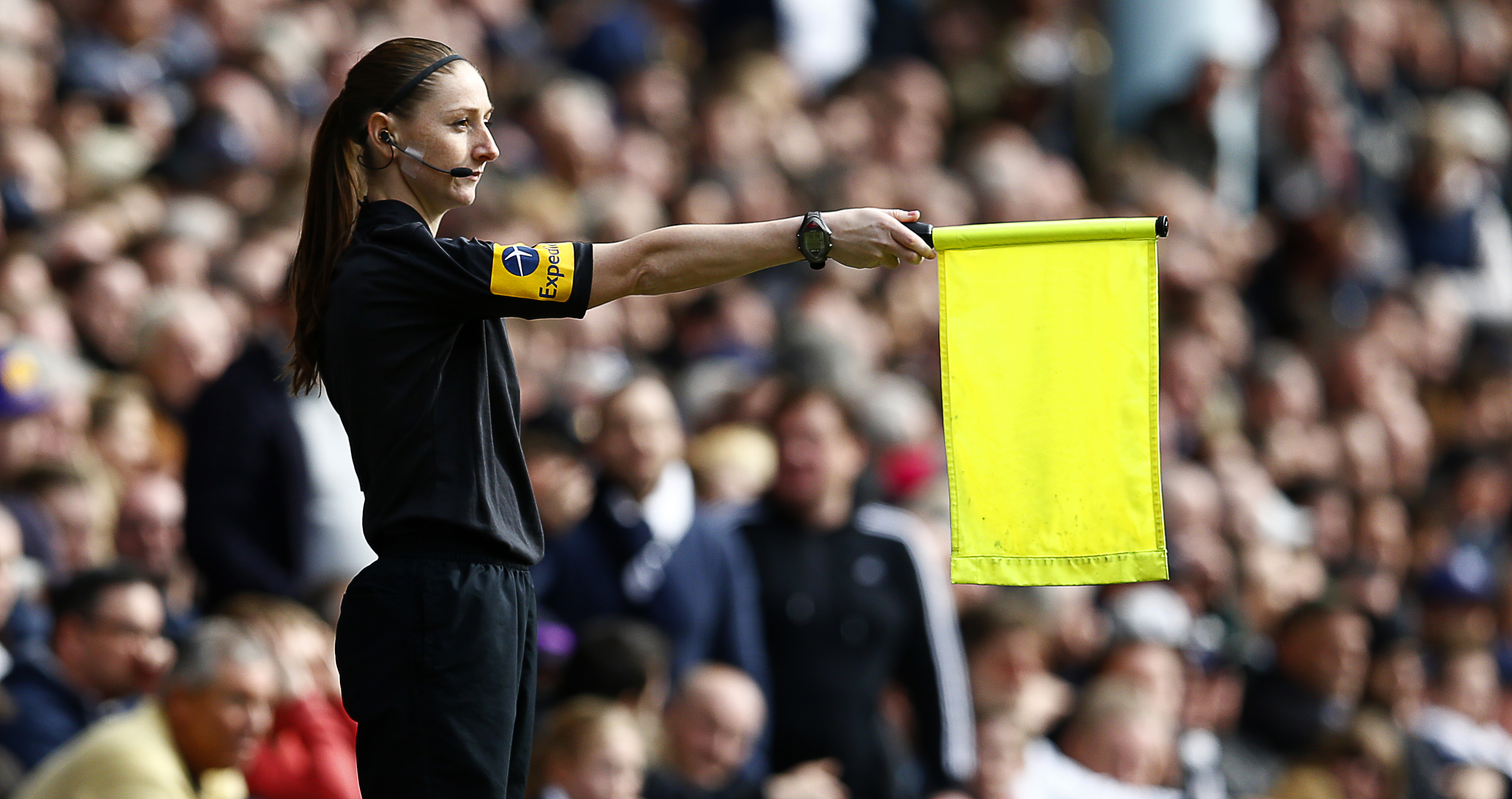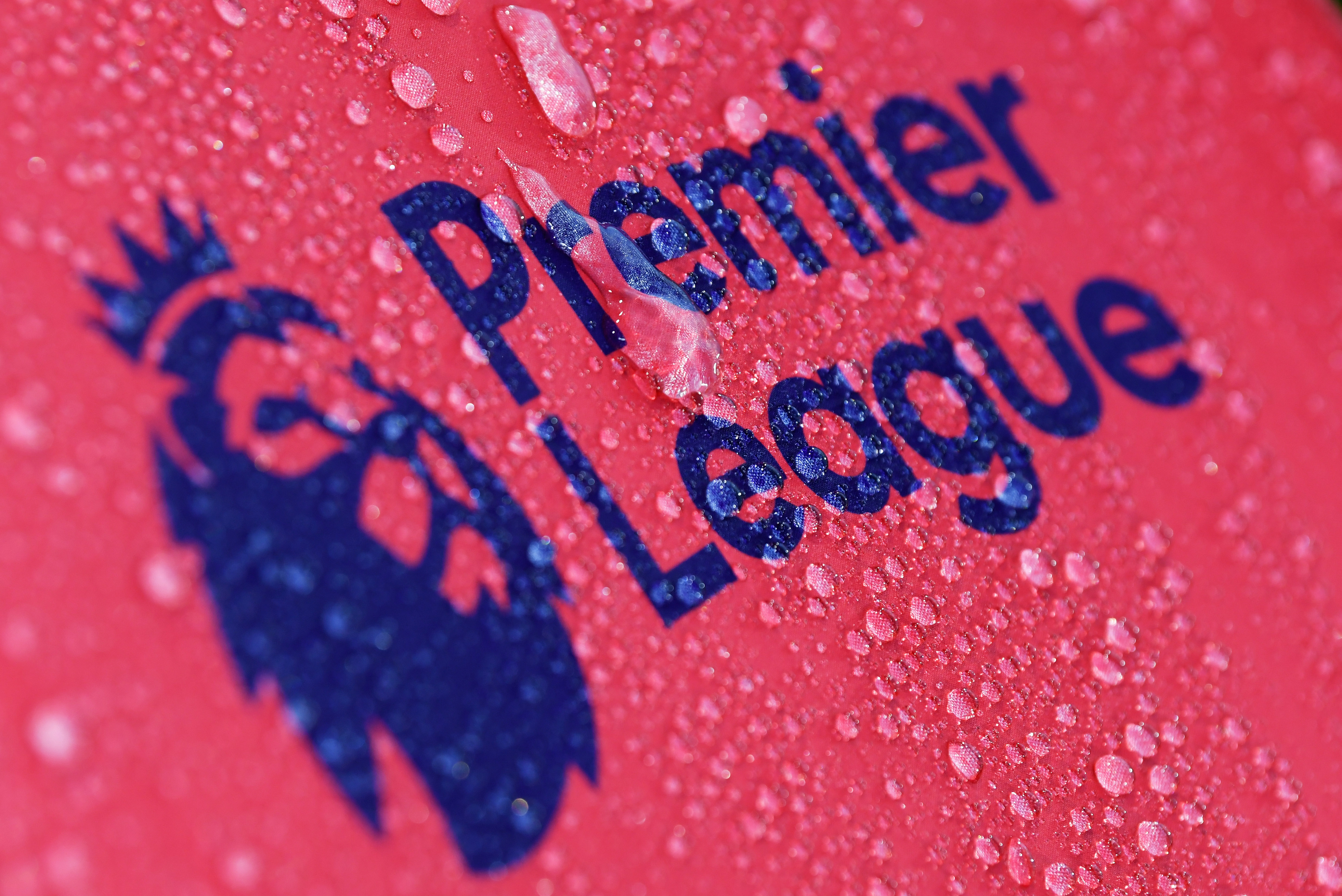The 2015 FIFA Women’s World Cup kicked off in Canada as the biggest event held in the world of women’s football till date. Indeed, it seemed to attempt to portray a picture of football as the great equaliser. However, recent reports have suggested otherwise.
In the last couple of years, cases of sexual harassment of women who work in football have doubled, giving rise to questions as to whether enough care is taken by the governing bodies to uphold the rights for women in football.
Woman in Football (WiF), an organisation that aims to achieve equal representation of women in the game, has published a study on International Women’s Day (March 8) 2016, that reveals that over 90 per cent of the women who work in the sport believe that more could be done to give the female athletes equal opportunities, both on the field and off it.
It is this study that also shed light on the fact that the number of cases of sexual harassment had doubled in the last couple of years. The number of women who have reportedly been victims of sexual harassment, have gone up to 15 per cent, more than double of what it was in 2014 (seven per cent), according to the survey by WiF.
Busy day today talking about @WomeninFootball new research highlighting barriers for women working in the football industry.
— Anna Kessel (@Anna_Kessel) March 8, 2016
“We still have a considerable way to go before there is a level playing field for women working across the game,” said FA Board member Heather Rabbatts, in a WiF press release. “Surveys like this are a good indicator of where the industry is on some of these critical issues and incidents of bullying, sexism and sexual harassment, must be dealt with whenever and wherever they arise in the game.”
In spite of this though, there has been significant improvement in conditions for women in the sport. The report by WiF also said that 60 percent women believe that opportunities for them to excel in football have increased over the past few years.
Saddeningly however, more than three out of five women have experienced sexism at their workplaces, and almost one in four of these women have claimed to have been bullied. Many of the women who are currently working in football were anonymously asked about their experiences.
One of these women was quoted as saying in the press release, “I’ve been subjected to sexist taunts from colleagues, sent sexually provocative texts on a matchday, and not supported in any way by my superiors when I complained. The situation became so unbearable I had to leave my job.”
Inequality in infrastructure
Although the Women’s World Cup held last year was deemed the biggest yet, it was not without its fair share of controversies. The World Cup was set to be played on artificial pitches. FIFA said that these types of pitches are being tested, so that they may be used in the men’s events in the future.
Many of the women’s players protested against this, saying that they do not want to be the guinea pigs for a pitch experiment. Legal action was also taken against FIFA on this issue. However, the world’s apex football governing body held firm, saying that it would not be realistically possible to lay original grass on all the venues, after which the charges were dropped.
USA striker Sydney Leroux had tweeted a picture of turf burns that she got on her leg after playing on artificial surfaces. In the caption she wrote, “This is why soccer should be played on grass!” Immediately, basketball stars Kobe Bryant and Kevin Durant came out in support of Leroux. However, artificial surfaces are a rarity in modern day men’s football, simply because they tend to cause a lot more injuries than the natural grass surfaces.




